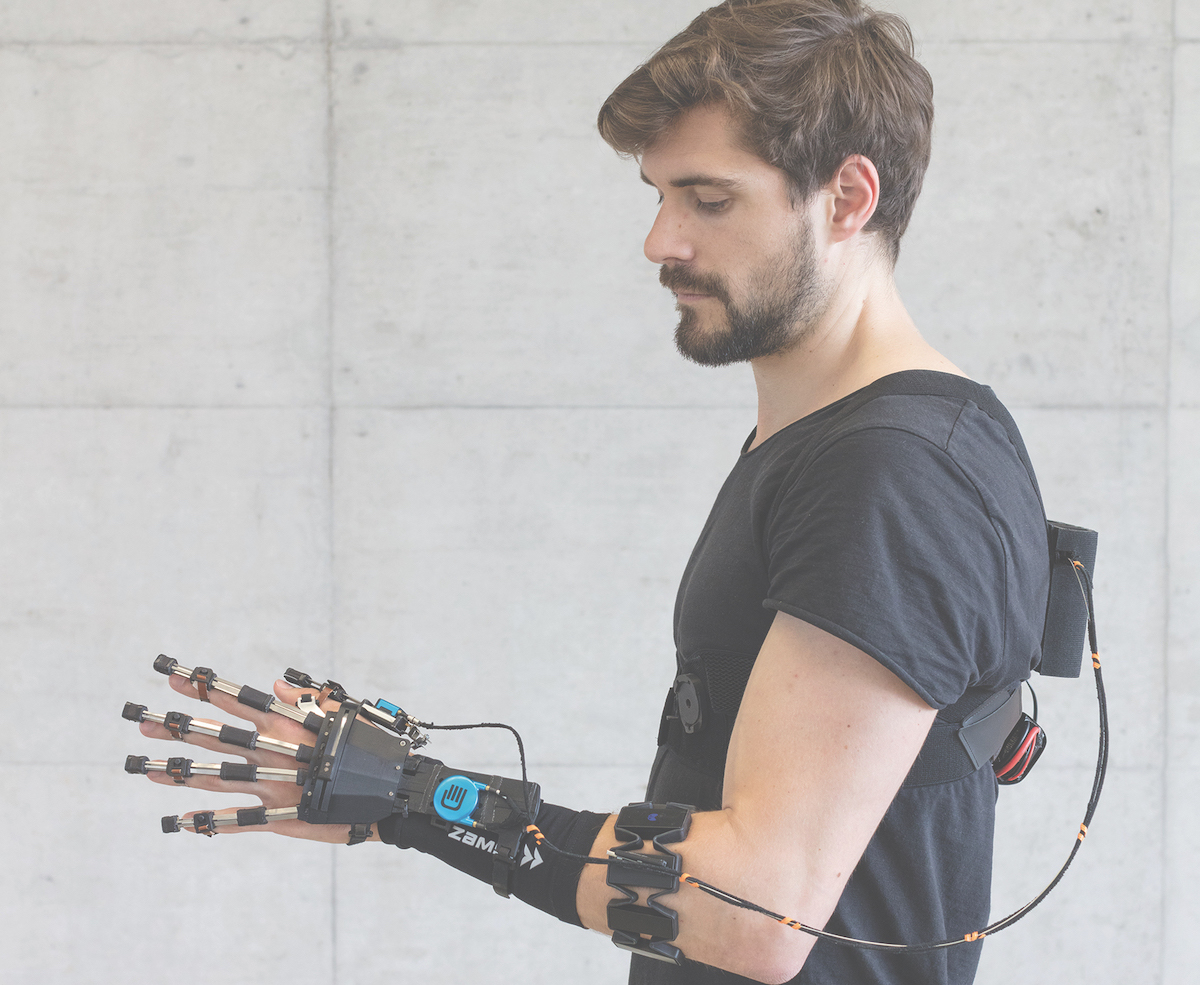Connected Rehabilitation Technology and Assistive Devices

Many health disorders require interventions by therapists through one-on-one sessions. Today, considering the decreasing therapist-to-patient ratios, the current healthcare system is not sustainable.
In Singapore, stroke is among the top three leading causes of disability, given that stroke survivors often suffer from persistent cognitive and sensorimotor impairments. With the high need for personalised rehabilitative therapy, the inability of the healthcare system to meet these needs could lead to negative effects on clinical and socioeconomic outcomes, and long-term independence of the patients.
While the potential of employing technology-based solutions for rehabilitation have been considered for a long time, we need to overcome challenges in implementing them along the continuum of care. For instance, technology-based solutions such as robotic interventions and assessment tools need to be clinically validated, but also user-friendly and require minimal supervision.
The research module brings together leading researchers and clinician scientists from ETH Zurich, Nanyang Technological University (NTU) and Tan Tock Seng Hospital (TTSH) to develop enabling technologies that provide high-quality interventions that require minimal supervision, via a “rehab gym” equipped with clinical intelligence such as robotic devices and brain-computer interfaces (BCI). Singapore-based principal investigators (PIs) are from the Rehabilitation Research Institute of Singapore (RRIS) and a key clinical partner, the Centre for Advanced Rehabilitation Therapeutics (CART).
Using mobile digital health technology for remote functional assessments, we build the world’s first dataset to track stroke recovery from the ward to recovery in everyday life. Researchers from ETH Zurich introduce intelligent and user-centric rehabilitation devices and sensors and bring expertise in non-invasive brain stimulation for advanced assessments and novel BCI approaches to the rehabilitation centre at TTSH.